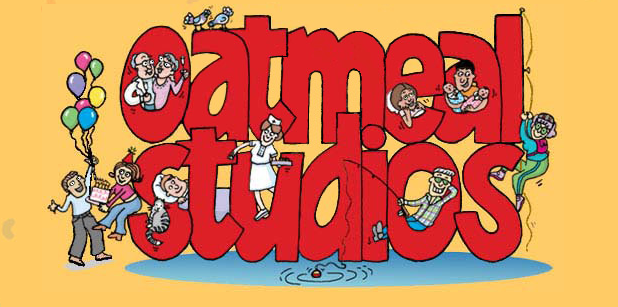by Erin Dalpini
Dreaming of becoming a published author? Here’s an avenue you may not have considered—publishing a kids’ book. It’s simple, it’s fun, and it’s free, that is, if you work with BigDifBooks. This up-and-coming company’s transforming the way children’s literature is published, thanks to the marvels of e-book technology and a group of folks committed to sharing great stories with kids.
Tom Watson, founder of BigDifBooks, joined us again to discuss his passion for children’s literature—the inspiration behind his company—and more. (By the way, if you missed our last post on BigDifBooks, check it out here.)
Freelance-Zone: Why did you make a website for kids’ books? Why might a freelance writer want to write a kids’ book?
Tom Watson: The whole idea is to give kids (and parents) access to original stories for very little money–or none at all. I probably wouldn’t have started our company if I wasn’t a parent myself, to be honest. I’m kind of a kids’ book snob. Continue reading BigDifBooks — Making a Big Difference in Kids’ Lit . . .




 Enter
Enter 